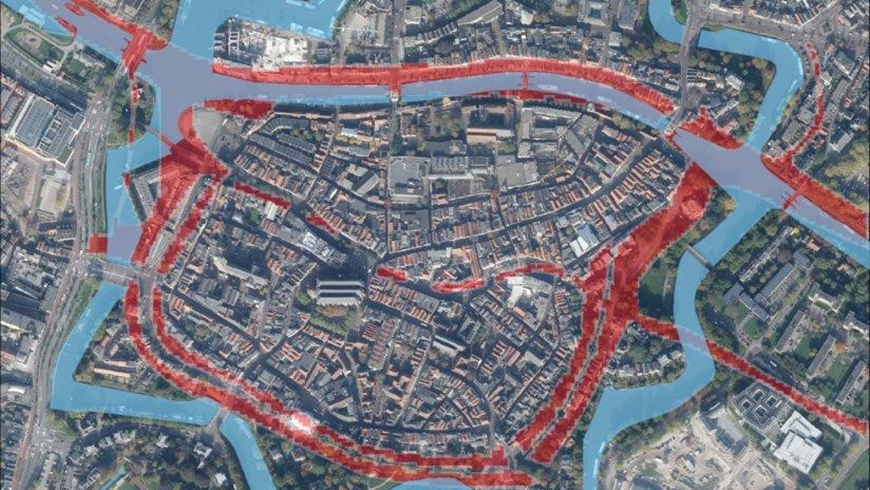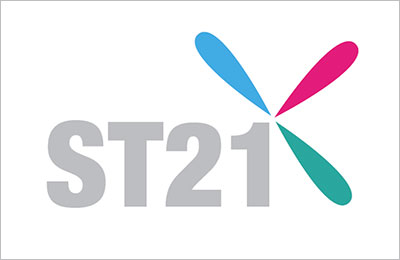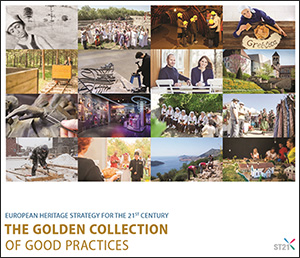Location of the initiative:

Relation to Strategy 21 Recommendations:
Time span of the initiative:
Start Date: January 2018 / End Date: December 2018
Motivation / Methodology
For the challenges of today and the future, we can use the knowledge of the past. This is also true for the challenges we face due to climate change.
In the Netherlands the majority of our cities and water systems were developed in the middle ages. Of course, much has changed since. But the soil and the water have always played a major role when making decisions. As a result of technical innovations, we may have lost the connection with the soil on which we base our infrastructure, buildings, meadows etc.
It appears that the old water systems still play a major role. Knowledge of the past and an analysis of the original water systems give insight to these systems, which can help to find solutions for today.
The Cultural Heritage Agency of the Netherlands (RCE) has presented a simple step by step method, to help integrate cultural historic knowledge in climate adaptation stress tests.
Obstacles / Barriers
The obstacles were mainly organisational and in the process. It was not always easy to organise an appointment with municipalities and the regional Water Authority, although we needed to bring several parties together, in order to make the method relevant.
Also, it was not always easy to claim attention for heritage within the larger context of water management.
Change / Impact
By organising meetings, conferences and workshops we encountered a lot of enthusiasm within municipalities and Water Authorities who called this approach literally an eye opener – the awareness on the benefit of using historical information was raised.
The step by step method also helped spreading knowledge within the Cultural Heritage Agency of the Netherlands. Advisers of the Agency can use it in their daily work.
Several municipalities have now included the step by step approach in their planning of water management and stress tests in relation to climate change.
Lessons learned
Municipalities are sincerely interested and open to hear the Cultural Heritage Agency’s approach and viewpoints.
The Cultural Heritage Agency could in return also use the knowledge already present within municipalities and Water Authorities.
It was very useful to have some 14 external parties read the concept of the brochure - they added valuable comments and suggestions.
Contact information
Flora van Regteren Altena
Ministry of Culture, The Netherlands
[email protected]
https://erfgoedenruimte.nl/cultuurhistorie-als-kennisbron-voor-de-klimaatstresstest
https://english.cultureelerfgoed.nl/
Source of financing
Public financing





